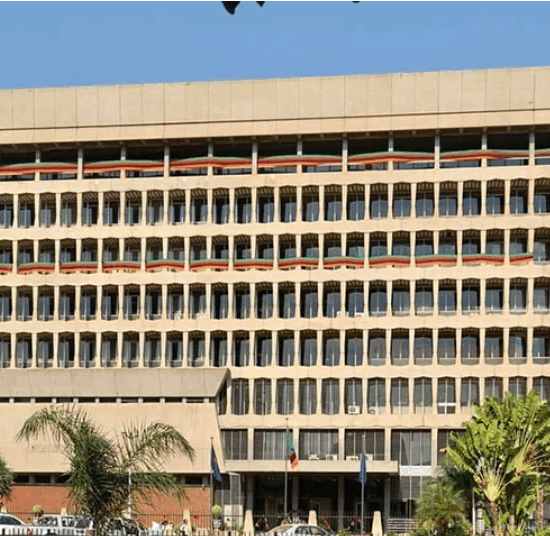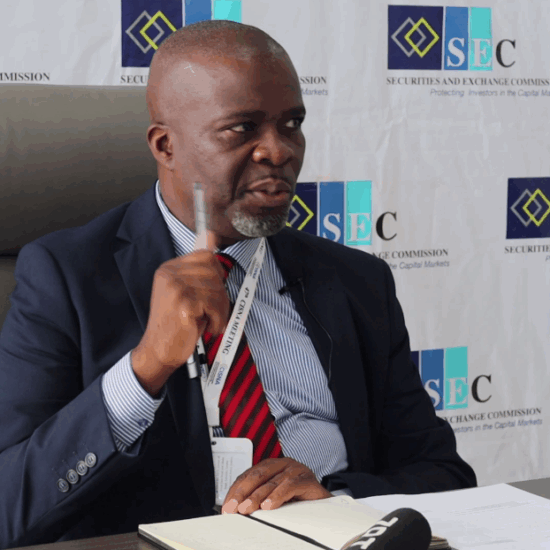Economist Yusuf Dodia has lamented at the lack of attention towards the enhancement of the private sector environment to stimulate more growth so as to be able to meet the demand of higher taxes as demands the 2024 National Budget.
Dodia said there are a lot of areas in the budget where government is expecting to collect more taxes such as income tax, PAYE, VAT among others, but noted that there is no area where the private sector is being stimulated in order to grow and be able to pay the higher taxes.
“If we are expecting for example to raise an extra four billion kwacha in PAYE, it suggests that we have to employ another possibly five hundred thousand people in employment. We need to see half a million people newly employed between now and December this year to be able to meet that revenue collection” said Dodia. He said these are challenges in the budget that need to be looked at critically.
He said it is the same with the 2 billion increase in custom duty collections, and 2 billion in exercise duty collection which suggest that the country has that much more exports and imports. He said looking at the income tax and extra 4 billion to be collected, it means companies need to be able to perform much better in 2024 in order to deliver this kind of taxes”.
Speaking in an exclusive interview with the Zambian Business Times – ZBT, Dodia however mentioned that there are no indications in the budget that will stimulate this kind of growth, noting that electricity tariffs are going up this year, next year, and the year after, and that fuel prices are going up in relation to the high oil prices noting that the war in Ukraine and Russia has pushed up the price of oil, fertilizer, wheat, and soya beans.
He said collecting more revenues from increased business performance does not seem to be very apparent with regards to next year’s budget.
He said perhaps the magic bullet would be what government announced through the secretary to the cabinet, that government was implementing the Export Proceeds Tracking Framework. He said the mechanism suggests that whatever exports are being done by any company in Zambia, be it in mining agriculture, tourism, or manufacturing, export earnings must come into a bank based in Zambia. “Now if that will be implemented, this will give us an opportunity to recapitalize our economy, and through that mechanism, we can begin to see our economy grow, and we can be able to see ourselves addressing the challenge of servicing debt, and also growing our private sector through cheaper access to capital” said Dodia.







